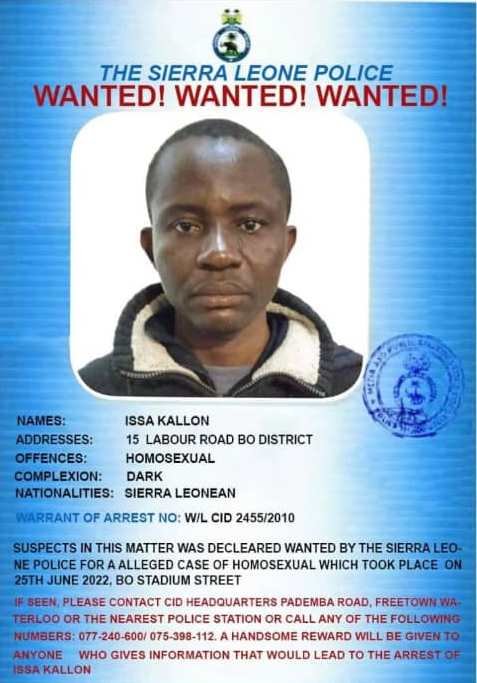The Executive Director of the Sierra Leone Road Safety Authority (SLRSA), Rev. Smart Senesie, has highlighted the critical issue of road crashes in Sierra Leone during a meeting with the United Nations special envoy on road safety. The meeting, which took place at the SLRSA vehicle testing center at Mile Six on June 19, 2024, underscores the urgent need to enhanced road safety measures in the country.
Rev. Smart Senesie who has been in office for two years, emphasized that addressing road crashes have been a top priority.
He lamented the significant challenges faced by the SLRSA, including inadequate administrative funding, a lack of essential vehicles and equipment, and insufficient expertise. These challenges, he noted, have severely hampered the authority’s ability to respond swiftly to emergencies.
“The vehicles we use for towing are over a decade old and frequently break down, hindering our response to emergencies,” Rev. Senesie explained. He pointed out that parked vehicles are a major cause of road crashes, yet the SLRSA lacks the resources to effectively manage and remove these hazards.
 Revenue generation has also been a critical issue for the SLRSA. Since a contract for vehicle licensing was awarded to a private company, the Authority has struggled with limited funds, receiving only a 20% subsidy from which 10% is allocated to the Road Maintenance Fund. This financial strain has stifled their ability to carry out daily operations and safety initiatives.
Revenue generation has also been a critical issue for the SLRSA. Since a contract for vehicle licensing was awarded to a private company, the Authority has struggled with limited funds, receiving only a 20% subsidy from which 10% is allocated to the Road Maintenance Fund. This financial strain has stifled their ability to carry out daily operations and safety initiatives.
In his plea to the UN envoy, Rev. Senesie requested assistance in addressing these challenges, including the provision of training for SLRSA personnel to enhance their knowledge on road safety measures. He stressed the impact of illiteracy on road safety, noting that many drivers lack basic knowledge of safe driving practices. Efforts to conduct road safety workshops have been stalled by insufficient resources.
Additionally, Rev. Senesie highlighted issues with substandard vehicle parts and inadequate safety gears, such as helmets for motorbike riders, which do not meet UN standards. To combat this, the SLRSA is collaborating with the Standards Bureau to ensure compliance with safety regulations.
The SLRSA, with support from the First Lady Mrs. Fatima Maada Bio, has secured land at Misiaka Magburuka to build an emergency clinic. This facility aims to provide immediate first aid to accident victims before transferring them to hospitals for further treatment.
Alpha Amadu Bah, President of the Drivers’ Union, echoed the global nature of road traffic incidents, which claimed over 1.3 million lives annually. He called for a comprehensive road safety education and robust infrastructural development to mitigate road accidents. Bah emphasized the need for international cooperation, sharing best practices, and leveraging technology for advanced vehicle safety and intelligent traffic management systems.
UN Special Envoy Jean Todt, underscored the severity of road crashes and urged all sectors to collaborate in addressing the issue. He noted the alarming number of motorbike riders without helmets and assured that the UN would prioritize Sierra Leone’s road safety concerns in discussions with donor partners. Todt called for widespread awareness campaigns and strict enforcement of traffic laws to promote safe road practices.
The meeting concluded with a collective commitment to enhance road safety in Sierra Leone, recognizing that it is a shared responsibility requiring coordinated efforts from both national and international stakeholders.
















































































































































































































































































































































































































































































































































































































































































































































































































































































































































































































































































































































































































































































































































































































































































































































































































































































































































































































































































































































































































































































































































































































































































































































































































































































































































































































































































































































































































































































































































































































































































































































































































































































































































































































































































































































































































































































































































































































































































































































































































































































































































